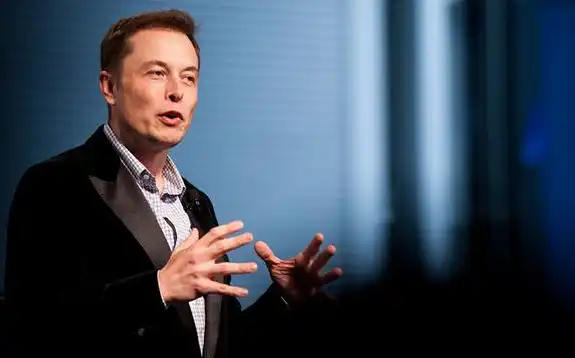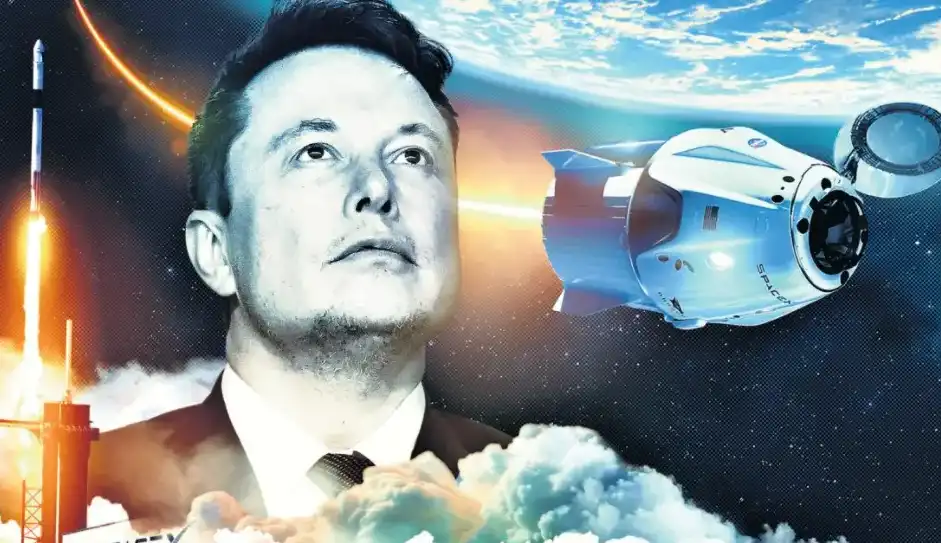Musk's words are amazing:Is the scientific and technological gap between China and the United States a hundred times?
Elon Musk, CEO of Tesla and SpaceX and the world's richest person, caused a global stir with his sensational remarks during a public speech.
He bluntly pointed out that the gap between China and the United States is at least 100 times. This statement shocked the world and raised the question:In which aspects are these huge gaps reflected?

Known for his incisive and forward-looking remarks, Musk is not only a leader in the electric car revolution, but also a pioneer in space exploration. As a giant standing at the forefront of technology, his evaluation of China and the United States is certainly not groundless.
Economically, the US is the world's largest economy, and its economic strength and technological innovation capabilities are beyond doubt. Silicon Valley, as the cradle of technological innovation, has nurtured countless high-tech companies that changed the world.
China, although it has developed rapidly economically in recent years, still lags behind in its accumulation of original science and technology, especially in cutting-edge technology.
One cannot help but recall the ancient proverb:Learning is like rowing a boat upstream: if you don't advance, you fall behind. In today's world of rapid technological development, stagnation means backwardness.

However, the gap is not insurmountable. Musk also mentioned that China has a significant advantage in execution and efficiency.
China's long-term plans and technology development strategies can often quickly land and transform into concrete productivity. The system's advantage of "concentrating efforts to do great things" is particularly important to cope with global challenges.
In the field of new energy vehicles, the Chinese government's strong support and the positive response of the market have made China the world's largest electric vehicle market, and Tesla has also benefited a lot from it.
Education is the foundation of a nation and the source of scientific and technological innovation. The strength of American higher education, especially its ability to cultivate innovative thinking and entrepreneurial spirit, has been a cornerstone of its technological leadership.
While Chinese higher education continuously expands in scale, when it comes to cultivating innovative talents, there is still room for improvement. As the ancient proverb goes,:Ten years to cultivate a tree, a hundred years to cultivate a person. The road of education is long and arduous.

Cultural background and global perspective are also important factors affecting the gap between China and the United States. The openness and diversity of American culture have provided ample space for its technological innovation.
While the cultural depth and collectivism of Chinese culture have created unique advantages in some respects, in today's globalized and digitalized environment, greater attention needs also to be paid to individual innovation and international cooperation.
When we face a gap, we don't need to be self-effacing. Just as Musk said, the gap exists but can be bridged.
China is increasing investment in scientific and technological innovation, strengthening international exchanges and cooperation, and striving to upgrade its scientific capability. We have reasons to believe that in the future science and technology competition, China will catch up rapidly and even take the lead in certain areas.
